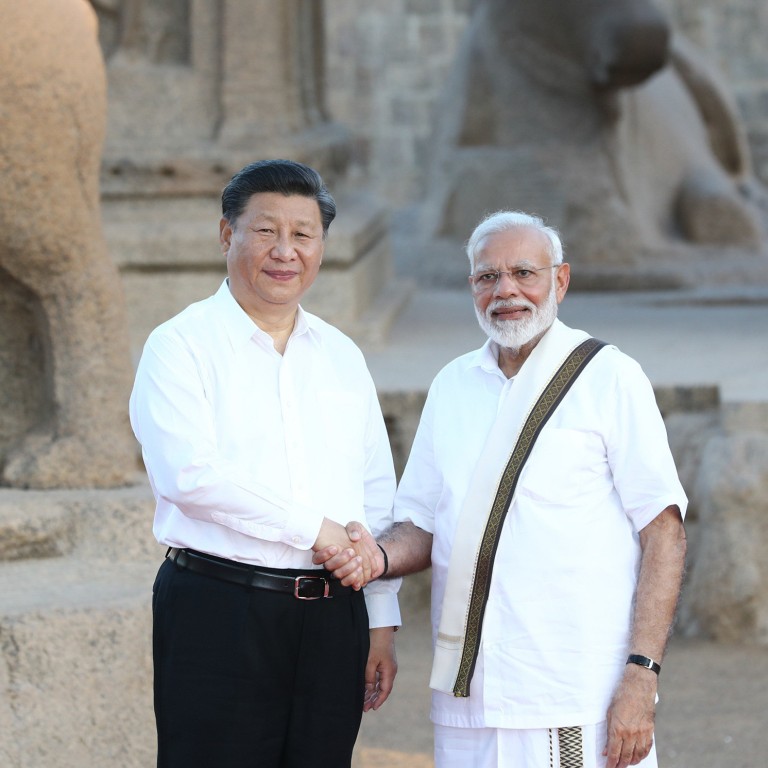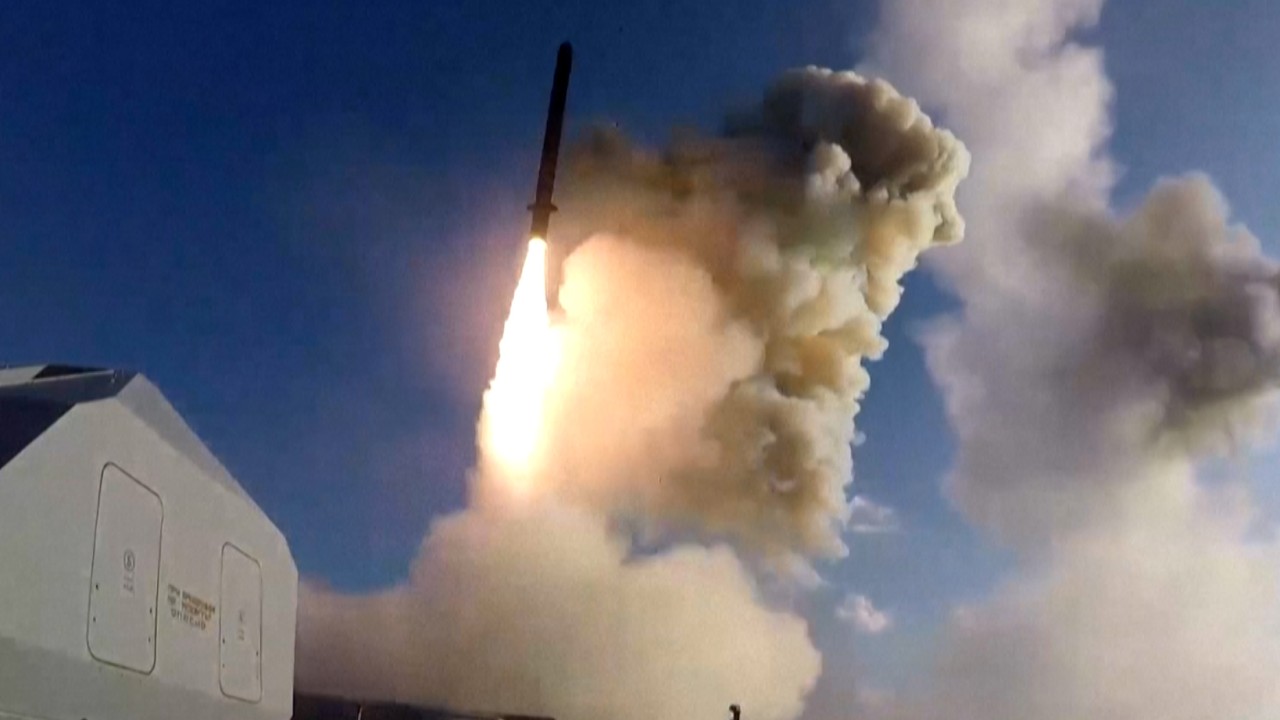
Why Ukraine should stop criticising India and other well-meaning supporters
- Ukraine has done brilliantly facing up to Russia’s devastating and brutal invasion which many countries, including India, have urged an end to
- But it’s unfair to call New Delhi out for buying Russian oil when India is simply putting its own interests first, trying to squeeze through a geopolitical needle
One might have had varied opinions about Ukraine, long plagued by endemic corruption before Russia’s unprovoked invasion in February, but the country has on the whole displayed admirable fortitude since the outbreak of armed conflict.
In the post World War II era, not many medium-sized nations have had to contend with the kind of revanchism (in this case, Russia’s President Vladimir Putin’s will to reverse territorial losses) that Ukraine is currently facing.
Buying more Russian fuel: why some of Asia not criticised as much as India
Some countries have well-armed militaries that they say are a deterrent to external aggression, but what really counts – the collective mettle of a people – will only be known when they face the kind of “hell on earth” situation that Ukraine has come under.
They have done amazingly well. Russia and Putin have faced multiple humiliations on the battlefield at the hands of Kyiv forces and continue to suffer inglorious setbacks, like this week’s drone strikes that reached three military bases deep inside Russia – one of them only 160km from Moscow.
The scale of death and destruction has invoked many calls for a cessation of hostilities from a range of countries, including those painted by Western media as aloof and uncaring about Ukraine’s plight.
The true position of both Asian powers is more nuanced: both have resisted vitriolic attacks on Putin, but have maintained that the loss of life is regrettable and have called for a negotiated settlement.
It is not only the Western media – or some Western politicians – that have targeted India and China for their positions on the war. Regrettably, in my view, Ukraine also seems to believe that it is a productive endeavour to tacitly shame New Delhi and Beijing for not sticking their necks out for Kyiv as the West has done.
In India, there has been much hand-wringing in recent days after Ukraine’s top diplomat Dmytro Kuleba hit out at it for its continued purchase of Russian oil, describing the Indian policy as “morally inappropriate”.
“If you benefit because of our suffering, it would be good to see more of your help addressed to us,” Kuleba told India’s NDTV news channel.
His comments were made in the context of the price cap approved by Western allies that is aimed at stopping countries from paying more than US$60 for a barrel of seaborne Russian crude oil.
Why the Quad’s OK with India – not China – giving Russia economic support
The likes of India and China are expected to buy, and are buying, Russian oil outside the cap by steering clear of Western insurance, finance and maritime services bound by the cap.
It is ill-judged to make any criticism of Ukraine and its leadership given the circumstances; but my view – unpopular as it may be – is that this type of goading regarding adherence to the Western price cap serves the interests of no one, least of all the Ukrainian people.
As the Indian foreign minister S. Jaishankar said in the upper house of parliament this week, in response to questions about the country’s Ukraine policy, New Delhi is obliged to put the interests of Indian nationals first. The government does not ask companies to buy Russian oil, but at the same time it seeks to get the best deal for citizens.
Ukraine well deserves the plaudits it has had so far, and I hope the war is resolved in its favour – that outcome will be a win for international law and a crushing defeat for emerging revanchists around the world.
Nonetheless, one must hope that Ukraine’s leaders, despite the hardships their nation has had to bear, understand that governments must ultimately squeeze through a geopolitical needle for the sake of their own national interests.


